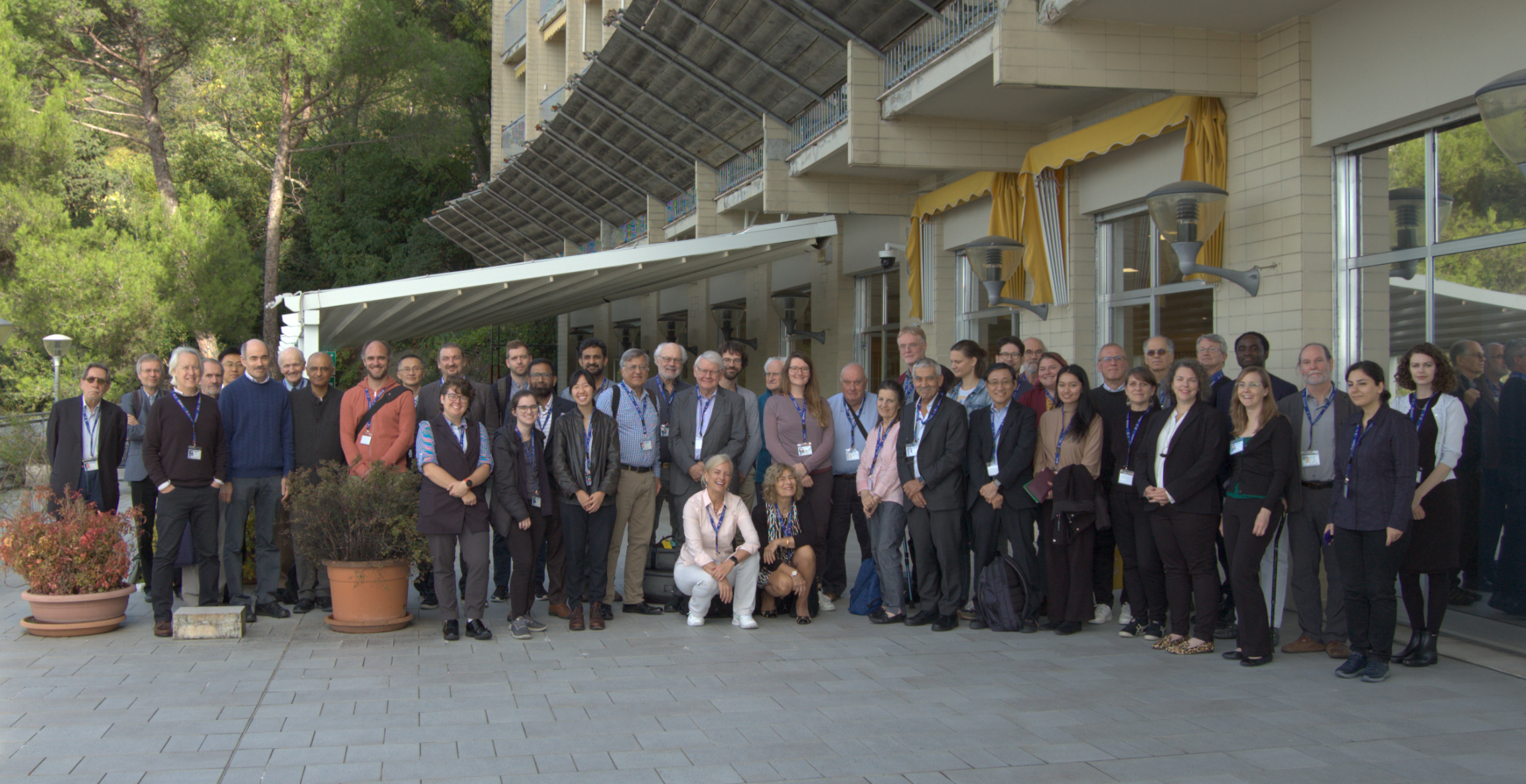The virtual seminar will be held from 12:30 to 2:00 p.m. (E.T.)
Founded at the Program on Science and Global Security in 2020, the Physicists Coalition for Nuclear Threat Reduction aims at informing the physics community about current nuclear weapons threats and engaging and mobilizing this community as advocates for policy action to reduce these threats and for the goal of disarmament. The Coalition has delivered over 150 presentations to US physics groups and recruited about 1100 members, established a Next-Generation Fellowship program, and undertaken advocacy actions. It also has taken initial steps at outreach to the global physics community. This presentation will review the accomplishments and challenges of the Coalition so far and offer some observations about physicists’ views on nuclear weapons issues, physicists as policy advocates, the perspectives of early-career scientists, the international landscape for physicist advocacy, and the role of physicists in nuclear weapons development.
About the speaker: Stewart Prager is a professor emeritus of astrophysical sciences at Princeton University and an affiliated member of the Program on Science and Global Security, and a co-founder of the Physicists Coalition for Nuclear Threat Reduction. From 2009 to 2016, he was Director of the Princeton Plasma Physics Laboratory, a Department of Energy national lab managed by Princeton University. Prior to 2009 he was a professor of physics at the University of Wisconsin-Madison. His research expertise is plasma physics and fusion energy, but in the past five years he has focused his efforts on nuclear weapons policy issues.
